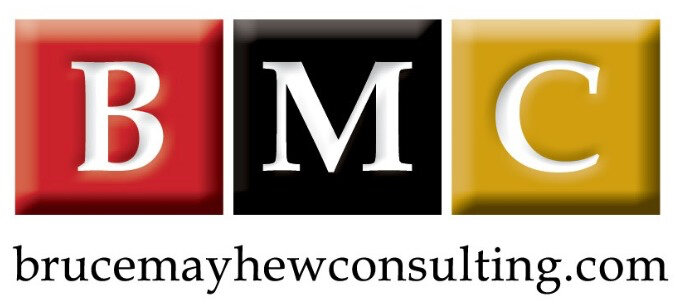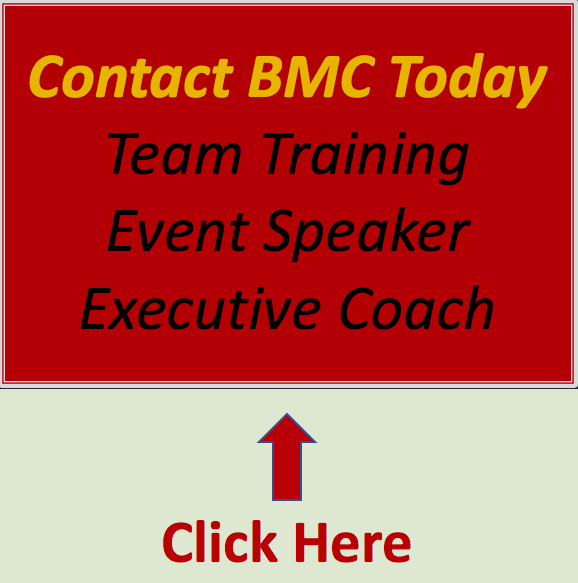Why And How Employee Engagement Is Important To Success
/In 1973 sociologist Mark Granovetter reasoned that healthy societies are supported by “strong ties” (important and well-known relationships like family and close friends), and also “weak ties” (casual, often disbursed relationships like neighbours, favourite waiter/waitress and many work relationships). He also hypothesized about “absent ties” witch we will not discuss at this time.
During these times of social distancing and large-scale working from home, the loneliness and isolation many of us are feeling is proving that all of our relationships are important to our personal well-being. I challenge the relationships many of us are not experiencing now are also very important to our professional success and well-being.
One of the most efficient ways employees create happy, trusting relationships is through much of the informal contact we have with each other. Pre-pandemic, most of us took for granted the opportunities working in an office created for team members to get to know each other. You may have also noticed over the last few months how many decisions were actually made while speaking with an associate on your way to a meeting or as you went for lunch or to ‘grab’ an afternoon coffee. And now, because we are working from home those opportunities are gone unless we intentionally find new ways to have those informal meetings and discussions.
As remote working (not to mention social distancing), becomes part of what I believe will be our a new norm, I believe there is real risk to each employee’s personal job satisfaction and productivity and therefore their and the organization’s success. Why? Because many of our “strong ties” and “weak ties” as Mark Granovetter calls them are at risk of becoming even weaker… or disappearing altogether.
Strong Times Are Important, But Weak Ties Help Us Grow
You and I are naturally exposed to new ideas and perspectives as we meet new people and build new “weak ties”. This helps us challege our preconceptions and foster innovation and its diffusion. In essence, these weak ties are safe places where we can first learn about and explore new ideas without risking our social status within our more important relationships. Without these ties we risk becoming isolated, myopic in our perspective and out of touch with social (and technological) progress as we interact only with people who look, act and think like we do.
As individuals, intentionally broadening our weak ties is good for our mental wellbeing. It is also good to help us to evolve into healthy members of our community. As employees, intentionally broadening our weak ties is also a way to grow professionally and, as we are promoted, to increase our social status. I think it’s worth reflecting on an old saying that, “It’s not what you know it’s who you know… and who knows you.” Often it is our weak ties that provide us experiences and opportunities that informally (at least at first) lead to career promotions.
Solution:
As leaders, we have to intentionally provide opportunities for our team members to build relationships - even the ones who may not work closely together every day. Whether our employees are working from home all the time, part of the time or not at all, it’s a company’s and leader’s responsibility to create a corporate culture that provides opportunities for everyone to build strong ties and weak ties.
The options are limited by our imagination. Possible solutions could be:
Creating dynamic, interactive spaces at the office like a fun lunchroom with large, shared picnic tables to help employees build weak ties.
Holding daily team updates where everyone participates online whether they are in the office or working virtually.
Encourage each other to pick up the phone when you have a quick question - replicating how you might call over a partition if you were in the office. This means team members also have to get into the habit of answering the phone… something many of us are not good at.
Providing flexibility so employees can choose a schedule that balances work with their family obligations (which have increased during the Covid-19 pandemic).
In addition to the above, team-based employee development opportunities and sharing learning experiences are a brilliant way to build weak ties within an organization. Study after study proves employees want a chance to learn, grow and thrive in their career of choice. Consider your own past. Lack of professional development opportunities is one of the primary reasons employees leave their current job / employer. Learning means advancement and advancement often means making more money and a higher social standing. Investing in our employees is the perfect way to improve employee’s satisfaction, increase productivity and build trusting relationships with employees who will be loyal to you and your organization.As leaders of great companies and great teams, it’s important to make sure we give our most important assets meaningful development opportunities that meet with their (not your) personal and professional goals.
As individuals, we have to be really intentional about making sure we are seen and heard. It means we have a personal responsibility to make sure we are getting in front of all kinds of people at all levels. While it would be lovely if building weak ties at work were a partnership, the reality is the bulk of the responsibility for building our weak ties is our own. The important thing is to do it. And remember that all relationships are important; someone who is not strategically important today may become a very strategically positioned advocate tomorrow.
Now more than ever businesses are moving into a place that allow employees to shine. Workplaces are flatter and many projects have greater team involvement and team collaboration. This translates into greater opportunity for employees to ask to get involved with projects that interest them, provide learning and career development, provide exposure to more people (build a greater network by building more weak ties) and of course… use our existing skills to add to make a difference. This last part is important. When any of us join a project team at work we have to be prepared to contribute 110%. This may mean doing some less glamourous work and not only the work we ‘want’ to do or that will show off our specialty. This approach will allow even long-term employees to build great relationships while learning about everything from new markets to new technology to… anything. But here is the thing, sometimes when we work on less glamourous / less exciting work we might cut corners or even complain. Don’t. This is our chance to show we are a team player who takes pride in our work and are proud to be part of the team no matter what.
BONUS
Leadership Tips
As a leader, especially a leader of a virtual team, it’s important to find ways to build this familiarity with each other even though some… or all of you are working remotely. Three things you can do to support this:
Have one-on-one meetings with each of your direct reports at least once every two weeks. Learn what their goals are. Discuss what challenges they may be having at work. If they ask for it, give them some coaching / mentoring.
Point out where and how they are succeeding and exceeding expectations. When you are clear about the behaviour you find important you are more likely to see that behaviour / work again… and perhaps with even greater success. Also, by showing you are noticing you are helping your employee be proud of their effort and the quality of their work which means, you are likely going to get even more in the future.
Make sure each person not only is proud of their accomplishments, make sure they see they are part of something bigger than themselves and are proud with that the team and even the organization are doing.
Thanks for reading.
If i can help you in any way, please let me know. Click HERE to link to my professional development website.
Bruce
About Bruce and Bruce Mayhew Consulting.
Bruce is Corporate Trainer and Executive Coach.
As a Corporate Trainer Bruce Mayhew (of BMC) specialize in customized Time Management Training, Email Etiquette Training, Leadership & New Leadership Development, Generational Differences and other soft skills training solutions in Toronto and across Canada. Bruce is also an Executive Coach to a few select clients.
BMC helps your greatest assets think productive and be productive.
Bruce is an experienced motivational speaker in Toronto and has inspired audiences across Canada and within the USA and the UK. Bruce works hard to always make sure your training event, conference, retreat, or annual general meeting is a success.




